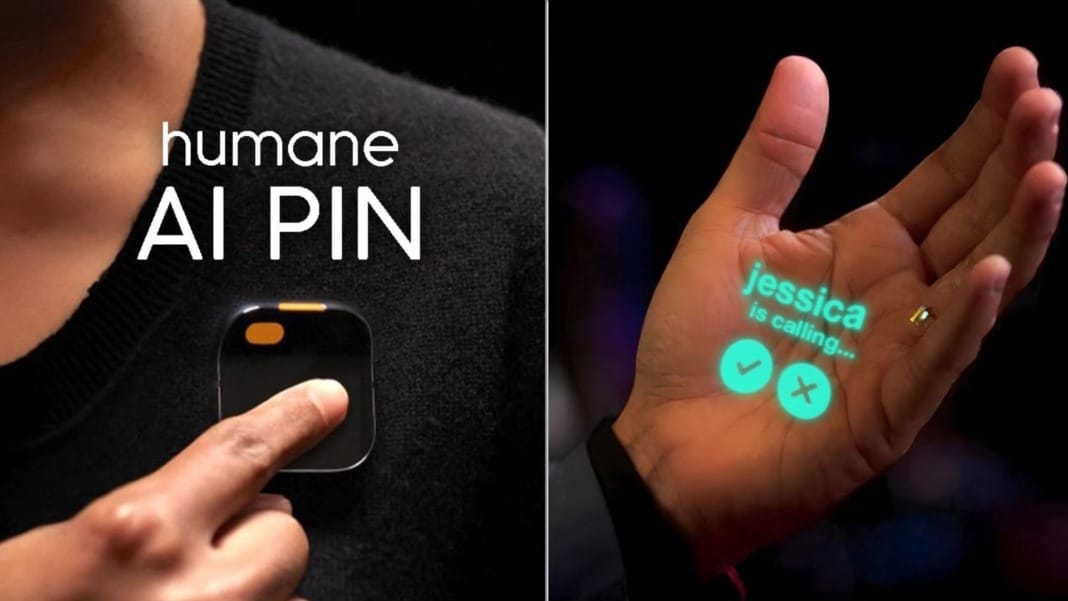Humane has officially announced that HP has acquired most of its assets for US$116 million. As a result, the hardware startup immediately halted sales of its AI Pin, a wearable AI-powered device launched less than a year ago. Customers who own the US$499 device have been informed that it will stop working by February 28, 2025, at noon PST.
After this deadline, AI Pins will no longer connect to Humane’s servers, rendering them useless. Essential functions such as calls, messaging, AI assistance, and cloud access will all be turned off. Humane advises AI Pin users to immediately back up important photos or data to an external device.
In addition, Humane will shut down its AI Pin customer support team on the same day. According to the company’s FAQ, customers who purchased an AI Pin within the last 90 days are eligible for a refund. However, those who bought the device earlier than that will not receive compensation.
Humane’s rise and fall in the AI hardware space
Humane made headlines in April 2024 when it introduced the AI Pin, marketing it as a revolutionary smartphone alternative. The company, founded by former Apple employees Bethany Bongiorno and Imran Chaudhri, raised over US$230 million to develop the product.
However, the AI Pin failed to meet expectations. Many early users and reviewers criticised the device’s performance, leading to a significant decline in sales. By mid-2024, Humane reportedly received more returns than new purchases, creating a major setback for the company. The situation worsened when Humane warned users to stop using the device’s charging case due to a fire risk. In October, the company reduced the price of the AI Pin from US$699 to US$499 to boost sales, but the damage had already been done.
In May 2024, Humane sought a buyer, aiming for an acquisition price between US$750 million and US$1 billion. However, it ultimately settled for the US$116 million deal with HP.
HP’s plans for Humane’s technology and team
HP has confirmed that it is acquiring Humane’s engineers and product managers, who will form a new internal group called HP IQ. According to HP, this division will focus on AI innovation and integrating intelligent technology into its products and services for the future of work.
HP also owns some of Humane’s technology, including its CosmOS AI operating system. Humane had recently teased that CosmOS could power various devices, including car entertainment systems, smart speakers, televisions, and Android smartphones. HP is expected to explore how this technology can enhance its product lineup, including personal computers and printers.
While Humane’s journey as an independent hardware company has ended, its technology and team will now shape HP’s AI-powered future.





